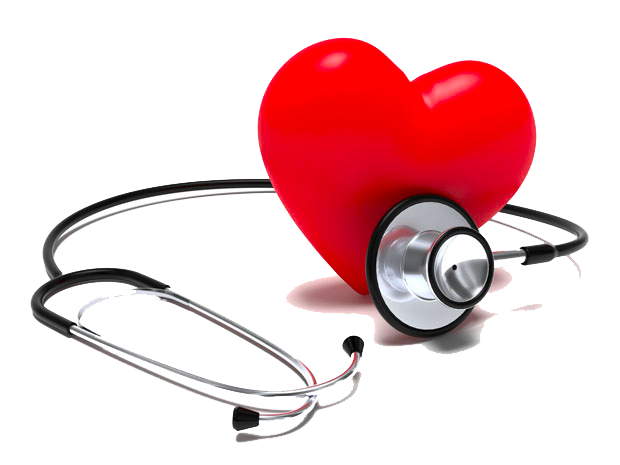
Kidney stones (also called renal calculi, nephrolithiasis or urolithiasis) are hard deposits made of minerals and salts that form inside your kidneys.
Diet, excess body weight, some medical conditions, and certain supplements and medications are among the many causes of kidney stones. Kidney stones can affect any part of your urinary tract from your kidneys to your bladder. Often, stones form when the urine becomes concentrated, allowing minerals to crystallize and stick together.
Usually, your kidneys remove waste from your blood to make urine (pee). When there is too much waste in your blood and your body is not producing enough urine, crystals begin to form in your kidneys. These crystals attract other wastes and chemicals to form a solid object (a kidney stone) that will get larger unless it is passed out of your body in your urine.
Kidney stones can be as small as a grain of sand or as large as a golf ball.
Anyone can get a kidney stone, but some people are more likely than others to get them. Men get kidney stones more often than women. Kidney stones are also more common in non-Hispanic white people than in people of other ethnicities. You may also be more likely to get a kidney stone if you:
If you have a small kidney stone, it may travel out of your body through your urine (called passing a kidney stone). You may not have any symptoms and may never know that you had a kidney stone.
If you have a larger kidney stone, it may get stuck in your urinary tract and block urine from getting through. You may notice symptoms, including:
You may feel a lot of pain when you pass a kidney stone or if a large kidney stone blocks the flow of your urine.
Factors that increase your risk of developing kidney stones include:

Copyright © 2022 Dr. Sandhya Bade | All Rights Reserved | Created & Crafted By Itorix Infotech
WhatsApp us